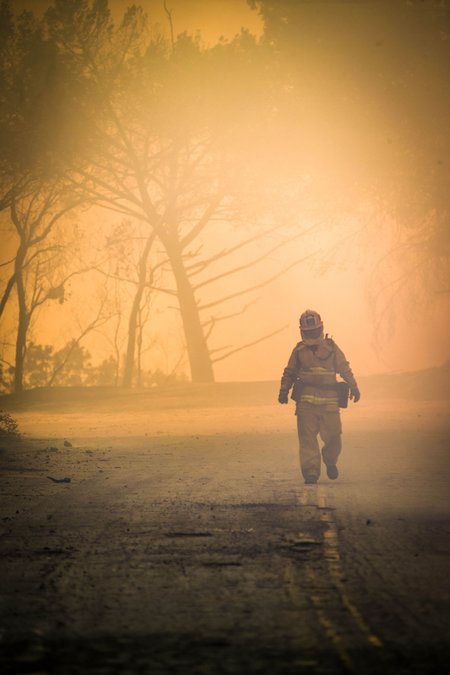In completing the survey, 1,841 respondents shared their experiences as the loved one of a federal wildland firefighter, shedding light on what it’s like to raise a family, manage a household, and support firefighters battling mental health issues.
Federal Wildland Firefighter Mental Health Survey Released





